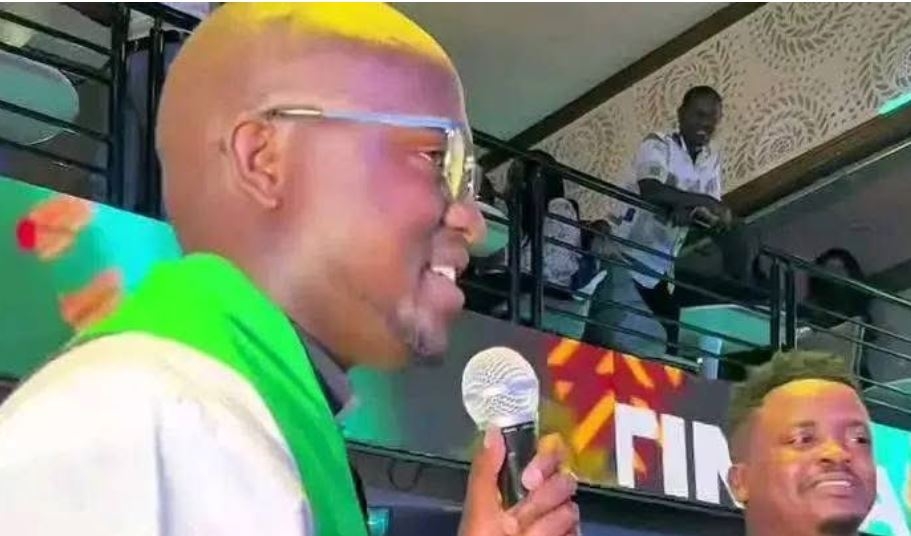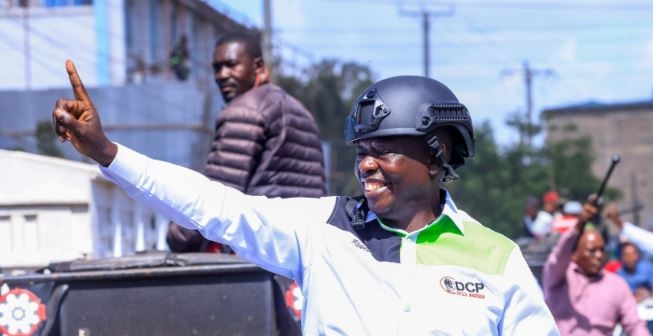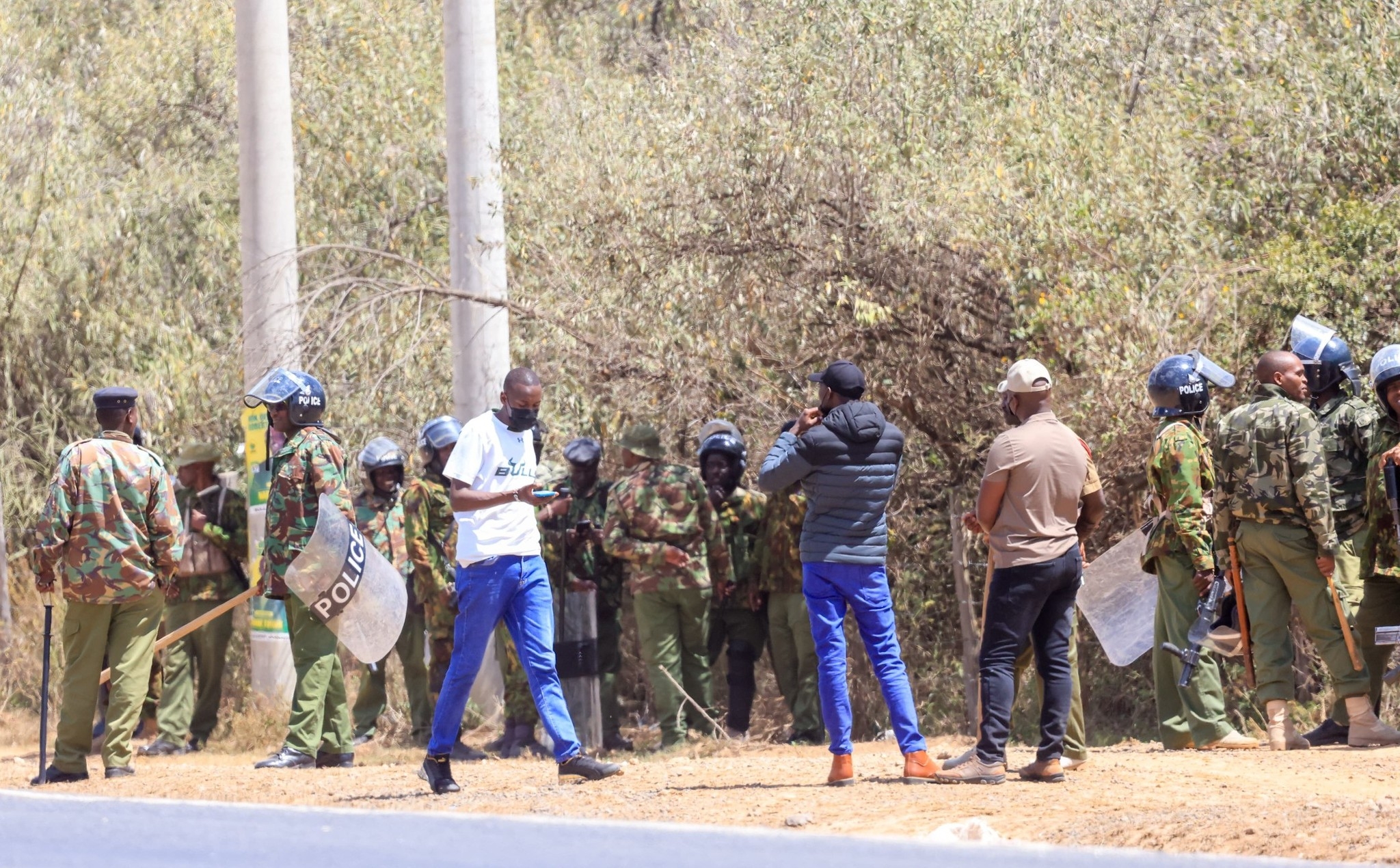Violence against journalists continues to take a worrying trend in Eastern Africa, even as governments pledge to protect freedom of expression and media.
Male and female journalists, media professionals and bloggers are increasingly targeted for their reporting on critical issues affecting their countries. The situation is particularly dire for women journalists who, more often than not, are at an increased risk of violence due to gender specific vulnerabilities.
A baseline survey released in November 2020 by ARTICLE 19 Eastern Africa and the Media Council of Kenya revealed disturbing trends of sexual harassment and sexual misconduct in the Kenyan media industry.
The cases of impunity for crimes against journalists is what prompted the United Nations General Assembly to adopt Resolution A/RES/68/163 at during its 68th session in 2013, proclaiming November 2 as the International Day to End Impunity for Crimes against Journalists.
This year, in line with the theme of the event, governments and media stakeholders across the world will collectively shed some light on the vital role of prosecutorial services, in investigating and prosecuting all threats of violence against journalists, including killings.
According to the United Nations Educational, Scientific and Cultural Organization observatory, between 2006-20, over 1,200 journalists have been killed around the world, with nine out of 10 of these cases remaining judicially unresolved.
In 2020, Reporters Without Borders documented 50 reporters killed and at least 387 detained or held hostage in the line of duty. A key trend across the globe is the failure of governments to bring the perpetrators of these heinous crimes against journalists to justice.
As the world struggles with the response and recovery of Covid-19, the role of journalists becomes even more pronounced not only in informing society, but also in ensuring the well-being of the general public providing quality, accessible and reliable information about the pandemic.
Unfortunately, Kenya has continuously failed to put in place the necessary measures to ensure the safety of journalists and the media, despite having a strong constitutional guarantee on media freedom.
The cases of Francis Nyaruri and John Kituyi are yet to be resolved years after their grisly murder. Nyaruri’s body was found in a thicket in Kodera Forest, Nyanza, two weeks after he disappeared in January 2009, while Kituyi, a 63-year-old journalist based in Eldoret and owner of the regional Mirror Weekly newspaper, was killed on his way home on May 30, 2015.
ARTICLE 19 has been monitoring, researching and documenting incidences of attacks against journalists in the context of the Covid-19 pandemic. The trends point out to an increase in the incidents of violations against media workers.
For instance, TV cameraman Peter Wainaina of Nation Media Group was assaulted by police officers in the Coast as he filmed police brutality against residents after the announcement of lockdown, while Weru TV cameraperson George Muriithi was attacled as he filmed officers and government administrators using violence to enforce social distancing rules on traders in Mitunguu market, Meru county.
ARTICLE 19 also documented a similar attack when security guards from Kiambu government assaulted and arrested Mukoya Aywah and confiscated his camera as he covered law-enforcement officials beating up citizens as they enforced Covid-19 curfew in Thika town.
In some of the aforementioned cases, we saw government representatives, including President Uhuru Kenyatta, apologising and condemning these attacks. Unfortunately, there have been few cases of accountability from the perpetrators.
Even in cases where threats and attacks against journalists have been reported, the police have not effectively investigated them.
In 2020, ahead of the World Press Freedom Day, ARTICLE 19 Eastern Africa asked the Independent Policing Oversight Authority and the Inspector General of National Police Service for a response to the allegations that police officers were involved in attacks on journalists and media staffers. Ipoa said it was still investigating four complaints received from journalists. None of the perpetrators have been held to account.
As Kenya joined the rest of the world in commemorating the 2021 International Day to End Impunity for Crimes Against Journalists this week, it is necessary for the government to investigate all reports of violations against journalists and ensure all perpetrators are brought to book.
An independent and free media has a key role in a democratic country such as Kenya.
Sarah Wesonga is the Programme Officer-Transparency and Access to Information and Patrick Mutahi is a Media consultant at ARTICLE 19 Eastern Africa.
(Edited by V. Graham)
















